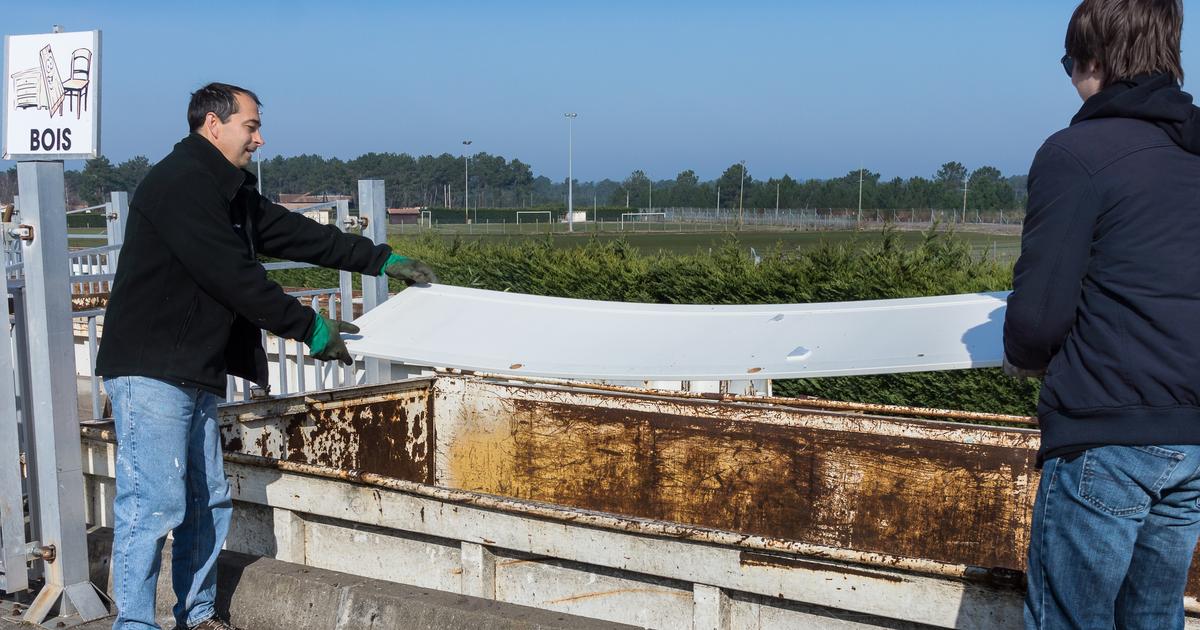In the event of an epidemiological alert, airports, petrol transit zones, logically find themselves on the front line. By concentrating tens of thousands of travelers from various sources every day, they thus promote airborne or cutaneous transmission of numerous diseases.
A study carried out on the subject in 2018 notably identified a particularly important risk point for respiratory viruses, which it is advisable to recall while the assessment of a viral epidemic of a new kind continues to get worse in China: plastic bins used to scan travelers' personal belongings during security checks.
Plastic boxes, stair rails…
The Finnish-British study was published in September 2018 in the journal BMC Infectious Diseases. It is based on 90 samples taken during winter 2016 from various locations at Helsinki-Vantaa International Airport, in Finland. With nearly 20 million passengers per year, it is often well placed in the qualitative classification of airports, and had even arrived first in a survey carried out in 2017 by eDreams, users notably putting forward ... its cleanliness.
The 90 samples taken were therefore analyzed by the researchers, with a view to detecting fragments of genetic material from respiratory viruses. Ten samples were positive. In detail, the scientists identified once influenza 1, twice an adenovirus, three times a coronavirus, and four times a rhinovirus. Half of the contaminated samples came from plastic bins and all four types of virus were found there.
Not illogical, when we consider that almost every passenger is in manual contact with these bins. The other respiratory virus "nests" were, moreover, unsurprisingly, the banisters, payment terminals and ambient air. The toilets, visibly the object of special hygiene for travelers, and more likely to harbor enteric viruses, were not contaminated.
Few airport studies
If the scope of the study is limited by the small size of the sample, and by the fact that a genetic fragment of virus does not at all mean that the latter is alive, it had made noise when it was released. And for good reason, the circulation of diseases in airports is a blind spot of research, only another study on the subject having preceded it, in 2014, anglée on the airport of Jeddah, in Saudi Arabia.
Out of 40 surfaces tested, more than 17% were then positive for the various viruses. Knowledge of the subject is therefore still rudimentary, which may seem surprising when you know that SARS traveled by plane from Hong Kong in 2003, like the H1N1 flu, from Mexico ten years ago.
In conclusion of their study, the Finnish and British researchers propose in any case to increase the rate of cleaning of the tanks and to offer travelers disinfectant solutions before and after the passage to security. Do not security personnel wear gloves to handle them?
Newsletter - The essentials of the news
Every morning, the news seen by Le ParisienI'm registering
Your email address is collected by Le Parisien to allow you to receive our news and commercial offers. Find out more
Chinese virus: France "able to have a very rapid diagnosis"








